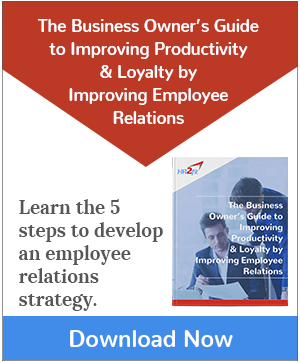Legal Landscapes: Navigating HR Compliance in Different States
Navigating the complex legal landscapes of HR compliance across various states can be a daunting task for any business. With each state having its labor laws and regulations, multi-state HR compliance emerges as a critical focus area for companies aiming to operate without legal hurdles. In this article, we will explore how businesses can understand state-specific labor laws, implement best practices for multi-state compliance, and effectively address the challenges posed by regional legal compliance.
Understanding State-Specific Labor Laws
The United States does not have a one-size-fits-all approach to labor laws. From minimum wage requirements to sick leave policies, each state may have different rules. HR professionals must stay informed about the various laws in the states where their company operates. This can be achieved through continuous education, attending legal workshops, or utilizing legal compliance tools.
Best Practices for Multi-State HR Compliance
To ensure compliance across different states, businesses should establish a robust compliance program that includes the following practices:
- Centralized Legal Monitoring: Create a centralized system for tracking legal updates across all states of operation. This system should provide real-time updates and alerts to ensure timely responses to legal changes.
- Uniform Policies with Local Adaptations: Develop company-wide policies that meet the highest standard of compliance across all states, with the flexibility to adapt to local requirements.
- Cross-Functional Compliance Teams: Assemble a compliance team with representatives from HR, legal, and operations to ensure all aspects of the business are considered in compliance strategies.
- Employee Education: Keep employees informed about their rights and company policies through regular training sessions and accessible resources.
Addressing Challenges in Regional Legal Compliance
Challenges in regional compliance are often rooted in the dynamic nature of state laws. To address these challenges, businesses should take a proactive approach by:
- Engaging with Legal Experts: Collaborate with legal experts specializing in state-specific labor laws to navigate complex compliance scenarios.
- Technology Utilization: Invest in compliance management software that can help automate and streamline the compliance process across different regions.
- Risk Assessment and Mitigation: Regularly conduct risk assessments to identify potential compliance issues and develop mitigation strategies.
Multi-state HR compliance is a dynamic and ongoing process that requires a strategic approach. By understanding state-specific laws, implementing best practices, and addressing legal compliance challenges, businesses can navigate the legal landscapes with confidence and integrity.







